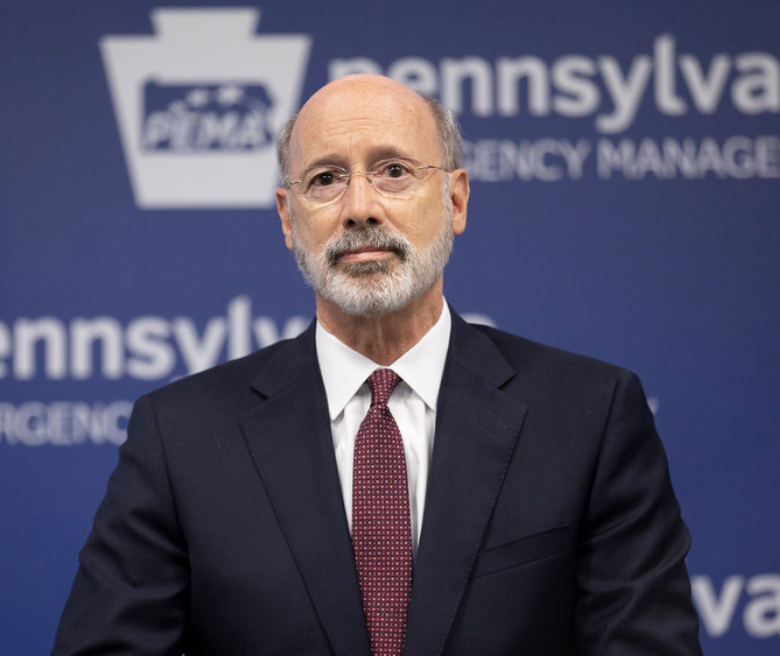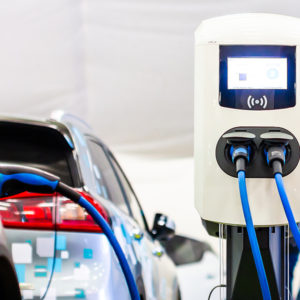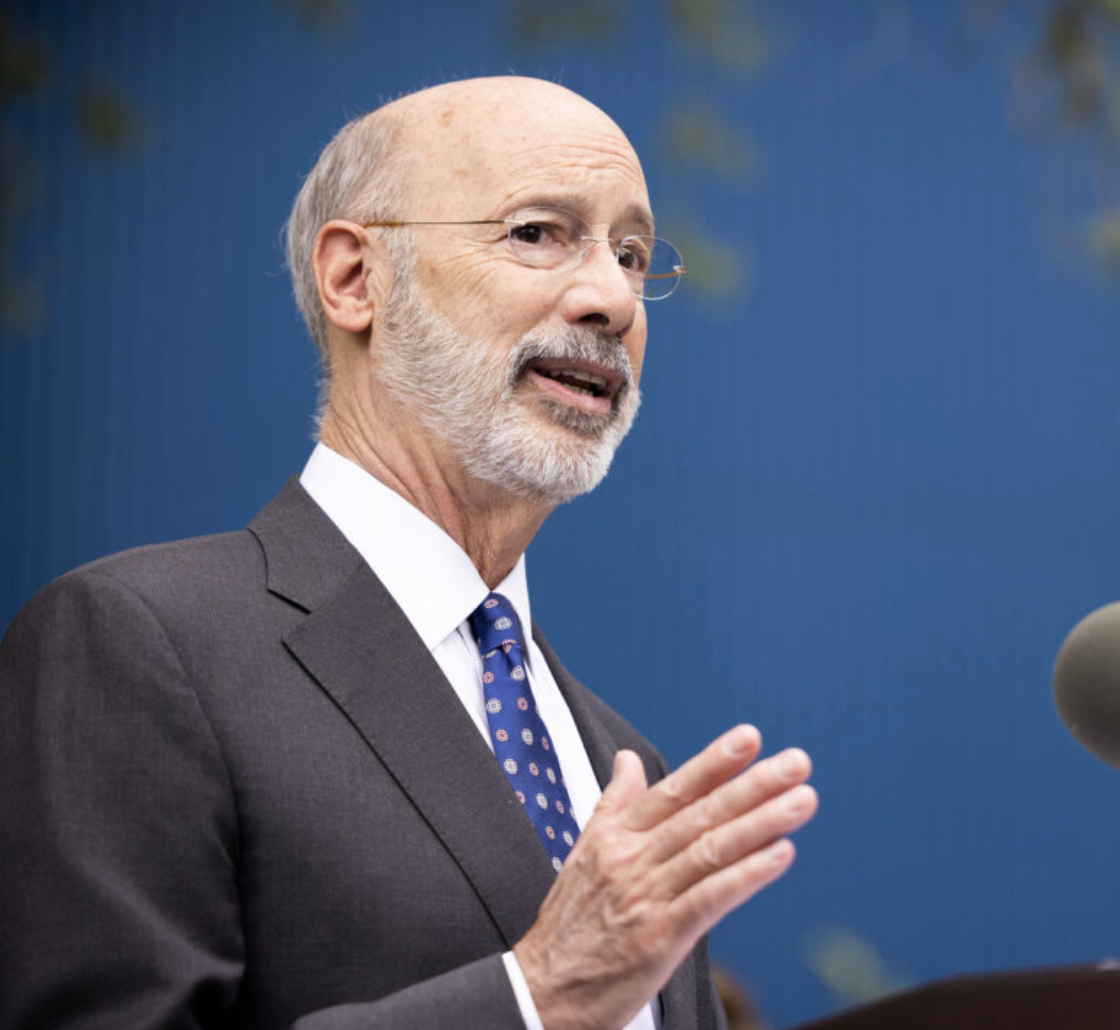Commonwealth Court Issues Injunction Blocking Wolf’s RGGI Move

Opponents of Pennsylvania’s entry into the Regional Greenhouse Gas Initiative (RGGI) are celebrating after the Commonwealth Court granted an injunction Friday suspending the state’s implementation.
“This delay is an important, much-needed step for Pennsylvania residents and businesses,” says Pennsylvania Chamber of Business and Industry President and CEO Luke Bernstein. “We appreciate the court pressing pause on this policy, which threatens to significantly increase energy prices at a time of high inflation, while also pushing more economic activity to states on our grid who are not in RGGI.”
Bernstein says businesses and families are already facing high energy prices due to a lack of supply and infrastructure.
“This is an opportunity for policymakers to embrace abundant domestic energy production, facilitate building new infrastructure, support competitive markets, and set long-term policies that encourage innovation.”
The National Federation of Independent Business (NFIB) is also concerned that Pennsylvania’s participation in RGGI, not to mention the Wolf administration’s unilateral and unconstitutional push to put the state in RGGI without going through the legislature.
“NFIB is thrilled the Commonwealth Court of Pennsylvania has granted a preliminary injunction to Gov. Wolf’s unconstitutional energy tax,” said Greg Moreland, NFIB Pennsylvania’s state director. “For years, our members have complained about rising energy costs, and with inflation at 8.6 percent, RGGI may have been the nail in the coffin for energy-intensive small businesses.
Like the state Chamber, NFIB Pennsylvania hopes the governor will come to the table and negotiate with the legislature.
“We all want a clean environment,” says Moreland. “We just have different beliefs on how to achieve that goal.”
Gordon Tomb, Senior Advisor for the CO2 Coalition, says schemes such as RGGI do little more than transfer wealth from taxpayers and consumers to the special interests of wind and solar.
“Technologies that are expensive and unreliable,” adds Tomb.
Pointing to a recent Caesar Rodney Institute analysis, Tomb says billions of dollars have been poured into these so-called green energy sources with the only reduction in CO2 emissions coming from the expanded use of natural gas.
“As providers of energy and as stewards of the environment, RGGI’s favored technologies are abject failures.”
RGGI bills itself as a cooperative, market-based effort among northeast and mid-Atlantic states to cap and reduce CO2 emissions from the power sector.
“It represents the first cap-and-invest regional initiative implemented in the United States,” RGGI boasts on its website.
Wolf has wanted Pennsylvania in RGGI for years. As of 5 p.m. Friday, Wolf had not issued a press release or tweet about the Commonwealth Court injunction. However, he has stated on several occasions that state participation in RGGI is needed to help combat man-made climate change.
“Climate change is the most critical environmental threat confronting the world, and power generation is one of the biggest contributors to greenhouse gas emissions,” Wolf said in 2019 after an executive order instructing the Pennsylvania Department of Environmental Protection (DEP) to join RGGI. “Given the urgency of the climate crisis facing Pennsylvania and the entire planet, the commonwealth must continue to take concrete, economically sound, and immediate steps to reduce emissions, (so), joining RGGI will give us that opportunity to better protect the health and safety of our citizens.”
Pennsylvania Manufacturers’ Association (PMA) filed a friend of the court brief in Commonwealth Court saying Governor Wolf’s carbon tax on Pennsylvania energy generation will “irreparably damage” the state’s manufacturing, industrial, and commercial base.
“The new tax, pursued over the objections of the General Assembly, will also result in sharp increases in energy rates for consumers,” the groups noted.
Even unions have expressed concerns about RGGI.
“Thousands of blue-collar, union workers who build, operate, and maintain those plants will be lost,” says the Power PA Jobs Alliance, a coalition of labor, management, and consumer stakeholders that oppose state proposals that impose carbon dioxide emissions taxes. “Nearly 100 percent of CO2 reductions from Pennsylvania power plant closures will be offset by increased CO2 emissions in non-RGGI states, like Ohio and West Virginia, which will absorb Pennsylvania generation, emissions, and jobs into those states whose plants are not subject to the tax.”
As for Wolf’s argument that RGGI is necessary to combat climate change, Tomb disagrees.
“There is no climate emergency, and the theory that we are somehow threatened by carbon dioxide emissions is absurd on its face,” said Tomb. “Carbon dioxide is a harmless gas that each of us exhales on a daily basis, about two pounds of it on a daily basis, so it is ridiculous.”
The CO2 Coalition examined the governor’s proposal for RGGI and found that there was no scientific basis for it.
“Number one, there is no threat from carbon dioxide or whatever to the climate,” Tomb said. “Secondly, even if there were, the governor’s proposal RGGI would have virtually zero effect on the weather.”
Please follow DVJournal on social media: Twitter@DVJournal or Facebook.com/DelawareValleyJournal





